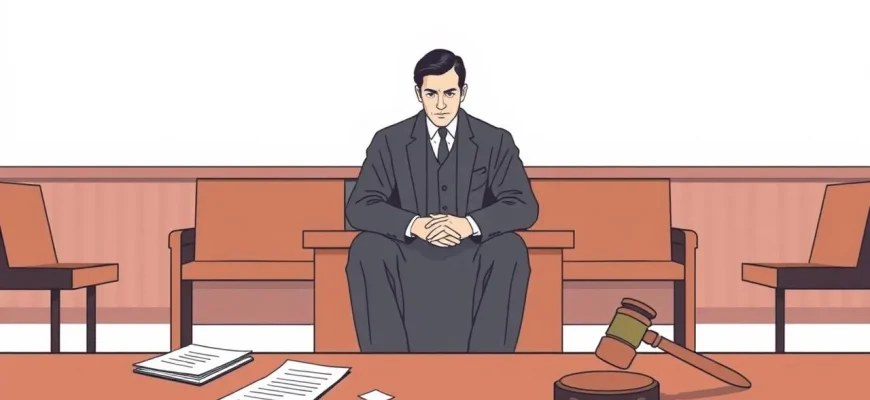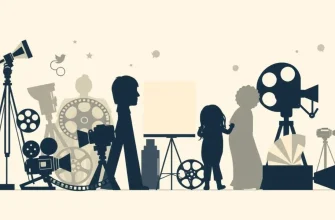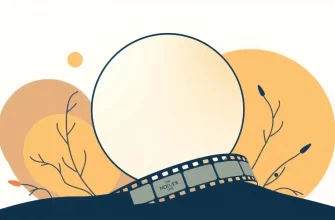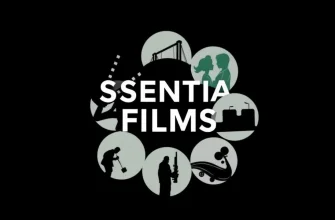This curated selection of films focuses on the theme of tribunals, showcasing the intense drama, moral dilemmas, and legal intricacies that unfold within the courtroom. These films provide a unique insight into the judicial process, exploring themes of justice, truth, and human nature. Whether you're a law enthusiast or simply enjoy compelling storytelling, this collection offers a rich tapestry of narratives that highlight the power and complexity of tribunal proceedings.
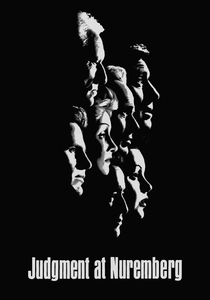
Judgment at Nuremberg (1961)
Description: Set during the Nuremberg Trials, this film examines the moral and legal complexities of judging Nazi war criminals. It's a profound exploration of justice, guilt, and the aftermath of war.
Fact: The film was nominated for 11 Academy Awards, winning two.
 Watch Now
Watch Now
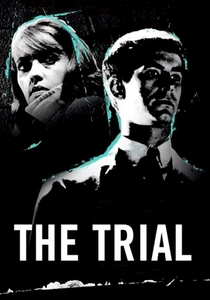
The Trial (1962)
Description: Based on Kafka's novel, this film explores the surreal and oppressive nature of a tribunal where the protagonist is arrested and tried for an unspecified crime. It's a chilling allegory of bureaucratic injustice.
Fact: Orson Welles directed and starred in this adaptation.
 Watch Now
Watch Now
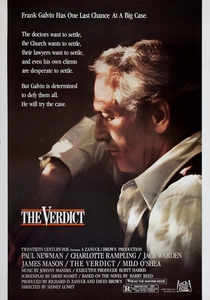
The Verdict (1982)
Description: Paul Newman stars as a washed-up lawyer who takes on a medical malpractice case, seeking redemption through the legal system. The film captures the essence of a tribunal as a battleground for personal and professional redemption.
Fact: The film was adapted from Barry Reed's novel of the same name.
 Watch Now
Watch Now
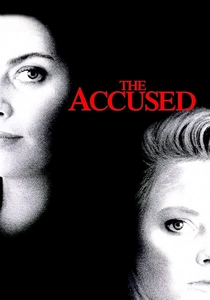
The Accused (1988)
Description: This film follows the aftermath of a brutal assault in a bar, focusing on the legal battle to prosecute not only the attackers but also the bystanders who cheered. It's a poignant look at justice, responsibility, and societal attitudes towards sexual assault.
Fact: Jodie Foster won an Academy Award for Best Actress for her role in this film.
 Watch Now
Watch Now
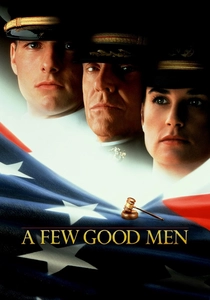
A Few Good Men (1992)
Description: This film is a quintessential courtroom drama where a military lawyer defends two U.S. Marines charged with the murder of a fellow Marine at Guantanamo Bay. It delves into themes of honor, duty, and the truth behind military justice.
Fact: The famous line "You can't handle the truth!" was improvised by Jack Nicholson during filming.
 Watch Now
Watch Now
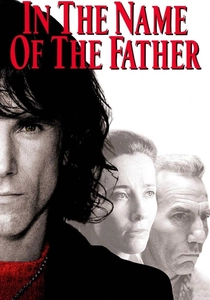
In the Name of the Father (1993)
Description: Based on the true story of the Guildford Four, this film portrays the wrongful conviction of an Irishman and his father for an IRA bombing. It's a powerful narrative about the fight for justice against systemic corruption.
Fact: Daniel Day-Lewis learned to play the guitar for his role in this film.
 Watch Now
Watch Now
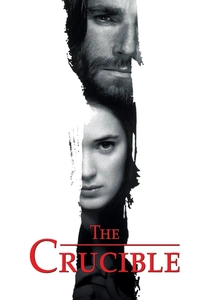
The Crucible (1996)
Description: Set during the Salem witch trials, this film uses historical events to comment on McCarthyism, exploring themes of hysteria, accusation, and the misuse of legal power in a tribunal setting.
Fact: Arthur Miller wrote the screenplay, adapting his own play.
 Watch Now
Watch Now
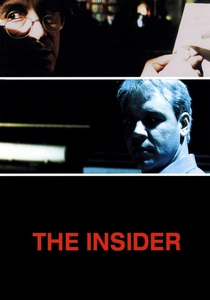
The Insider (1999)
Description: While not strictly about a tribunal, this film features a significant courtroom scene where a whistleblower testifies against a tobacco company. It's about the battle for truth in the face of corporate power.
Fact: The film was based on a Vanity Fair article by Marie Brenner.
 Watch Now
Watch Now
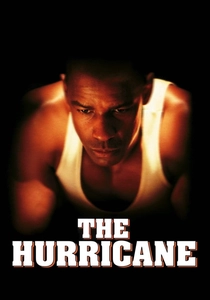
The Hurricane (1999)
Description: This film recounts the story of Rubin "Hurricane" Carter, a boxer wrongfully convicted of murder. It's a testament to the resilience of the human spirit and the quest for justice through legal means.
Fact: Denzel Washington was nominated for an Academy Award for his portrayal of Carter.
 Watch Now
Watch Now

Erin Brockovich (2000)
Description: This film tells the true story of a legal clerk who, despite her lack of formal legal education, takes on a major utility company in a class-action lawsuit over contaminated water. It's a compelling look at grassroots justice.
Fact: Julia Roberts won an Academy Award for Best Actress for her role.
 Watch Now
Watch Now

